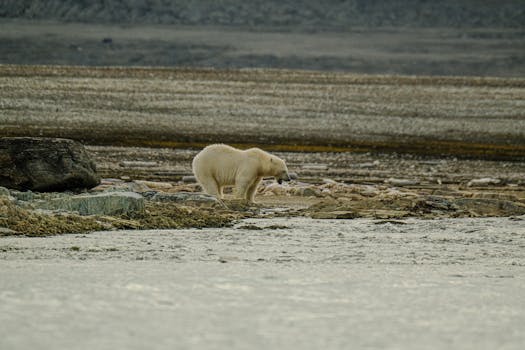
Climate change has become one of the most pressing issues of our time, affecting various aspects of life on Earth. The focus keyword here is ‘climate change,’ and its impact on global ecosystems is profound and far-reaching. As temperatures rise and weather patterns shift, the delicate balance within ecosystems is disrupted, leading to significant consequences.
Understanding Ecosystems

Ecosystems comprise communities of living organisms interacting with one another and their physical environment. These systems include forests, wetlands, grasslands, and oceans, each playing a vital role in maintaining ecological balance. Climate change threatens this balance by altering habitats, food sources, and species interactions.
Effects on Biodiversity

One of the most alarming impacts of climate change is the loss of biodiversity. Many species are struggling to adapt to rapidly changing conditions. For instance, polar bears are losing their sea ice habitat, making it difficult for them to hunt seals, their primary food source. Similarly, coral reefs, known as biodiversity hotspots, are experiencing bleaching events due to rising ocean temperatures, leading to the decline of countless marine species.
Shifts in Species Distribution

As temperatures continue to rise, many species are forced to migrate to cooler areas. This shift can disrupt existing ecosystems as new species move in while others may become extinct in their native habitats. For example, certain bird species are moving northward, altering migration patterns and breeding seasons, which can have cascading effects on the food web.
Impact on Agriculture and Food Security

Climate change also significantly impacts agricultural ecosystems. Changes in temperature and precipitation patterns affect crop yields and food production. Increased frequency of extreme weather events, such as droughts and floods, can devastate entire harvests, leading to food shortages and increased prices. Farmers must adapt to these changes, employing innovative practices to sustain productivity.
Conclusion

In conclusion, the impact of climate change on global ecosystems is extensive and concerning. From biodiversity loss to shifts in species distribution and challenges in agriculture, the repercussions are felt across the globe. Addressing climate change requires collective action and a commitment to sustainability to protect our planet’s ecosystems for future generations.



